From Instituto Hispánico de Murcia, as DELE exam center (Diplomas of Spanish as a Foreign Language), we believe it’s necessary to delve into the details of this exam. And we take this opportunity to remind you that we offer a special course for the preparation of this exam. Keep reading because you’ll be interested.
Developed and issued by the Instituto Cervantes in collaboration with the Ministry of Education, it’s a vital tool to evaluate and certify the Spanish competence of non-native speakers. Let’s delve into the details of this comprehensive exam that covers various levels and assesses crucial language skills.
DELE Levels
The DELE is structured into six levels, ranging from A1, the initial level, to C2, the master level.
The structure of the six levels of the DELE Exam, ranging from A1 to C2, is a fundamental part of its design and assessment scheme. Each level has been meticulously designed to reflect progressive language skills and address the specific needs of candidates on their journey towards Spanish proficiency.
Level A1 – Initial:
This level is designed for those who are taking their first steps in learning Spanish. Candidates undergoing A1 must demonstrate the ability to understand and use everyday expressions and simple phrases, as well as participate in basic interactions of daily life.
Level A2 – Basic:
In level A2, candidates are expected to broaden their abilities to understand and use everyday expressions and simple phrases. Additionally, they should be able to communicate in basic situations, such as ordering food in a restaurant or giving simple directions.
Level B1 – Threshold:
B1 represents a significant step towards intermediate competence in Spanish. Candidates at this level should be able to understand longer texts, as well as engage in more complex conversations about everyday topics and work situations.
Level B2 – Advanced:
Candidates aspiring to B2 level should have the ability to understand complex texts, express themselves clearly and in detail on a variety of topics, and engage in deeper discussions. This level aims at advanced competence in Spanish, suitable for academic and professional situations.
Level C1 – Efficient Operational Mastery:
C1 is aimed at candidates seeking an advanced level of competence in Spanish. Here, candidates are expected to understand complex texts, express themselves fluently and spontaneously, and engage in detailed discussions on diverse topics. This level is commonly associated with advanced academic and professional competence.
Level C2 – Mastery:
C2 represents the highest level of competence in Spanish according to the Common European Framework of Reference for Languages (CEFR). Candidates seeking certification at C2 level must demonstrate complete mastery of the language, understanding complex texts and expressing themselves accurately and naturally in a variety of contexts, both academic and professional.
Each level of the DELE builds upon the previous one, establishing a logical progression in candidates’ language skills. The six-level structure provides a clear and understandable roadmap for Spanish learners, facilitating their progress and development as they advance in their language proficiency.
Content and Assessment
The DELE exam is distinguished by its comprehensive approach, assessing four crucial language skills:
- Reading Comprehension: This section requires candidates to demonstrate their ability to understand and analyze written texts in Spanish. They may face multiple-choice, true/false, or fill-in-the-blank questions, assessing their understanding of vocabulary, grammar, and textual coherence.
- Listening Comprehension: Here, candidates must demonstrate their ability to understand conversations and monologues in Spanish. This section evaluates listening ability, as well as the ability to identify details, infer meanings, and understand intonation and speech rhythm in Spanish.
- Written Expression: In this section, candidates must demonstrate their ability to communicate in writing in Spanish. They may face tasks such as writing essays, letters, or responding to specific questions. Evaluation addresses coherence, grammatical structure, vocabulary, and the ability to express ideas clearly and effectively.
- Oral Expression: The ability to communicate verbally in specific situations is key in this section. Candidates must perform tasks such as describing images, participating in dialogues, or presenting a topic, evaluating their pronunciation, fluency, vocabulary, and ability to communicate effectively in Spanish.
Who Can Take the DELE Exam?
The DELE is aimed at individuals whose native language is not Spanish. This includes international students, professionals wishing to credential their Spanish proficiency, immigrants seeking Spanish nationality, and anyone interested in demonstrating their ability in the language. The diversity of candidates reflects the universality and importance of Spanish as a global language.
Does this exam have an expiration date?
An outstanding aspect of the DELE is that the obtained certificate does not expire. This feature provides candidates with flexibility to use their certification at different times in their lives, whether for educational, professional, or migratory opportunities. The perpetual validity of the certificate reflects the willingness to recognize and celebrate Spanish skills over time.
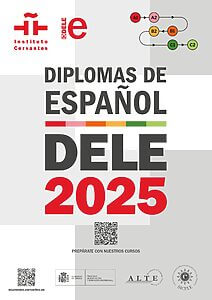
DELE Exam Price
The price of the DELE exam varies depending on the level and geographical location. Prices typically range from 100 to 220 euros, covering registration and participation in all sections of the exam. This price reflects the investment in the quality and rigor of the evaluation process, as well as in the issuance of internationally recognized certificates.
For more detailed information, you can visit the website of the Instituto Cervantes.
Dates and Exam Centers
DELE exams are held periodically in different parts of the world, facilitating access to candidates from various locations. Exams are scheduled several times a year, allowing candidates to choose the date that best suits their needs and level of preparation.
Exam centers, associated with the Instituto Cervantes, are strategically located in educational institutions, embassies, cultural centers, and other designated places. These centers ensure uniformity and quality in the administration of exams, contributing to the global recognition of Spanish competence.
For more detailed information on prices and dates, you can visit the website of the Instituto Cervantes.
Remember that Instituto Hispánico de Murcia is a DELE exam center, and we have a special course for the preparation of this exam.
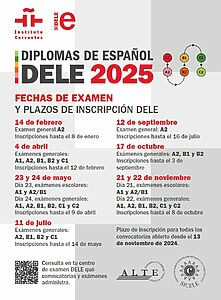
Why is this exam important and what is it used for?
Taking the DELE Exam (Diplomas of Spanish as a Foreign Language) is relevant for various reasons, as it provides candidates with an official certification of their Spanish proficiency. This exam is recognized internationally and has become a standard for evaluating the language skills in Spanish of non-native speakers. Here are some of the key reasons why we believe taking the DELE exam is important:
- Official certification: DELE awards candidates an official certificate issued by the Instituto Cervantes and endorsed by the Spanish Ministry of Education and Vocational Training. This certificate is globally recognized and validates the individual’s competence in Spanish.
- International recognition: The DELE certification is widely recognized by educational institutions, employers, and governmental bodies worldwide. The global presence of Instituto Cervantes and the standardization of the exam contribute to its reputation as a reliable indicator of Spanish language skills.
- Access to academic opportunities: Many educational institutions require certificates of Spanish proficiency for admission to undergraduate or graduate programs. The DELE, being a standardized and respected exam, can be a key requirement for international students wishing to study in Spanish-speaking countries.
- Professional advantages: In the workplace, having a DELE certificate can be a valuable asset. Employers seeking candidates with Spanish skills may positively value the DELE certification as objective proof of language competence.
- Requirement for Spanish nationality: In the case of immigrants seeking Spanish nationality, the DELE certificate may be a requirement. This exam demonstrates not only cultural integration but also the ability to communicate efficiently in Spanish.
- Objective assessment of skills: The DELE objectively evaluates language skills in the four main areas: reading comprehension, listening comprehension, written expression, and oral expression. This comprehensive assessment provides a clear and detailed insight into the candidate’s competence.
- Flexibility and permanence: As mentioned above, the DELE certificate does not expire, meaning once obtained, it is valid for life. This feature provides candidates with flexibility to use their certification at different times in their lives according to their needs and goals.
- Support in migratory processes: For those seeking to immigrate to a Spanish-speaking country, the DELE may be a requirement or a positive factor in migratory processes, as it demonstrates the ability to effectively communicate in the local language.
And finally, for more detailed and updated information, how to register, or view the most frequently asked questions by candidates, you can visit the website of the Instituto Cervantes.
In summary…
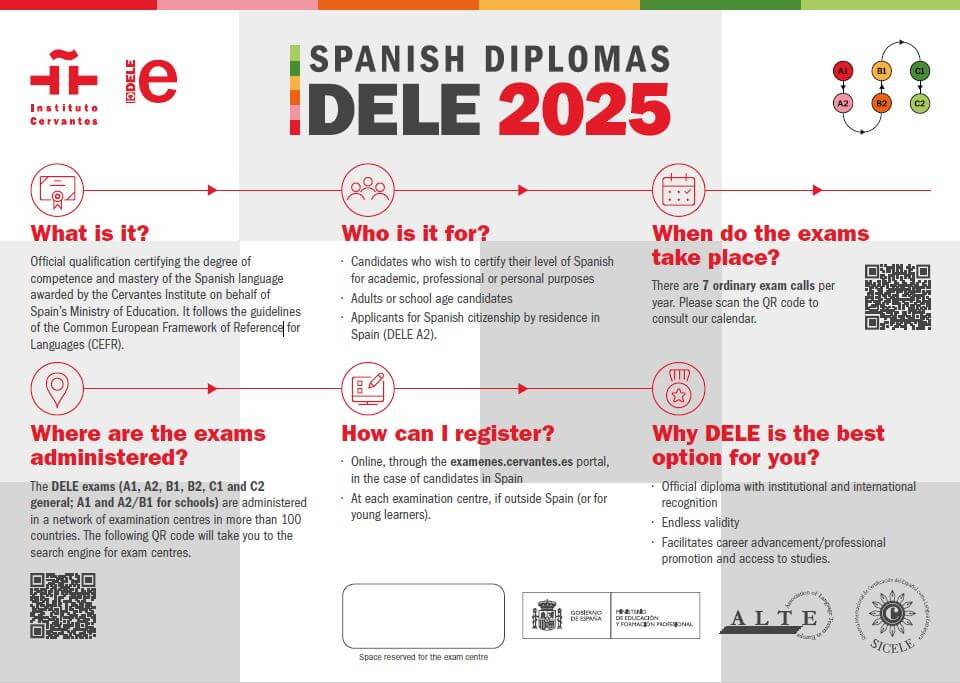
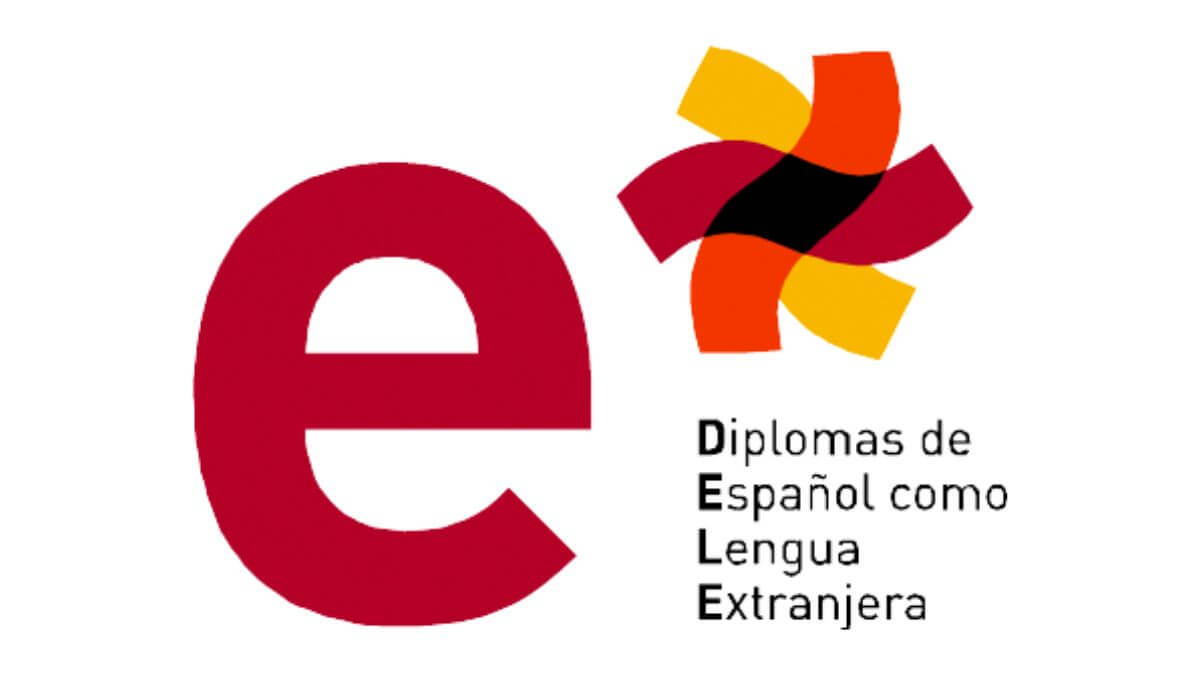

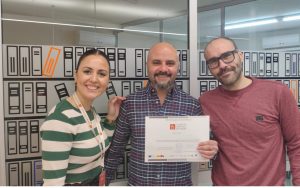


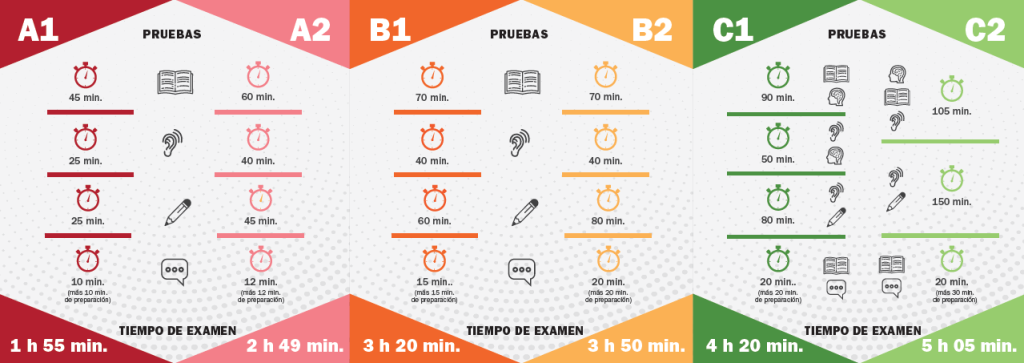



There are no comments on What is the DELE exam?